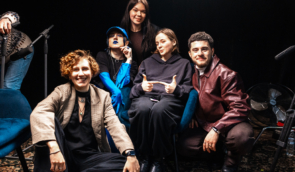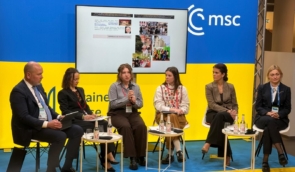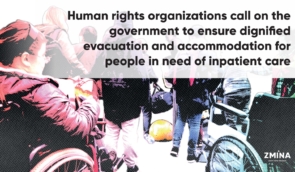Evacuation, education, adaptation: human rights defenders and international partners discussed support for Ukrainian children under occupation
On 15 May 2025, a closed-door discussion was held under the Chatham House Rule on the topic: “Ukrainian children and youth under occupation: how to prevent them from being turned into Russian soldiers?”. The event was organised by the Coalition of Organisations Dealing with the Protection of the Rights of Victims of the Armed Aggression against Ukraine.
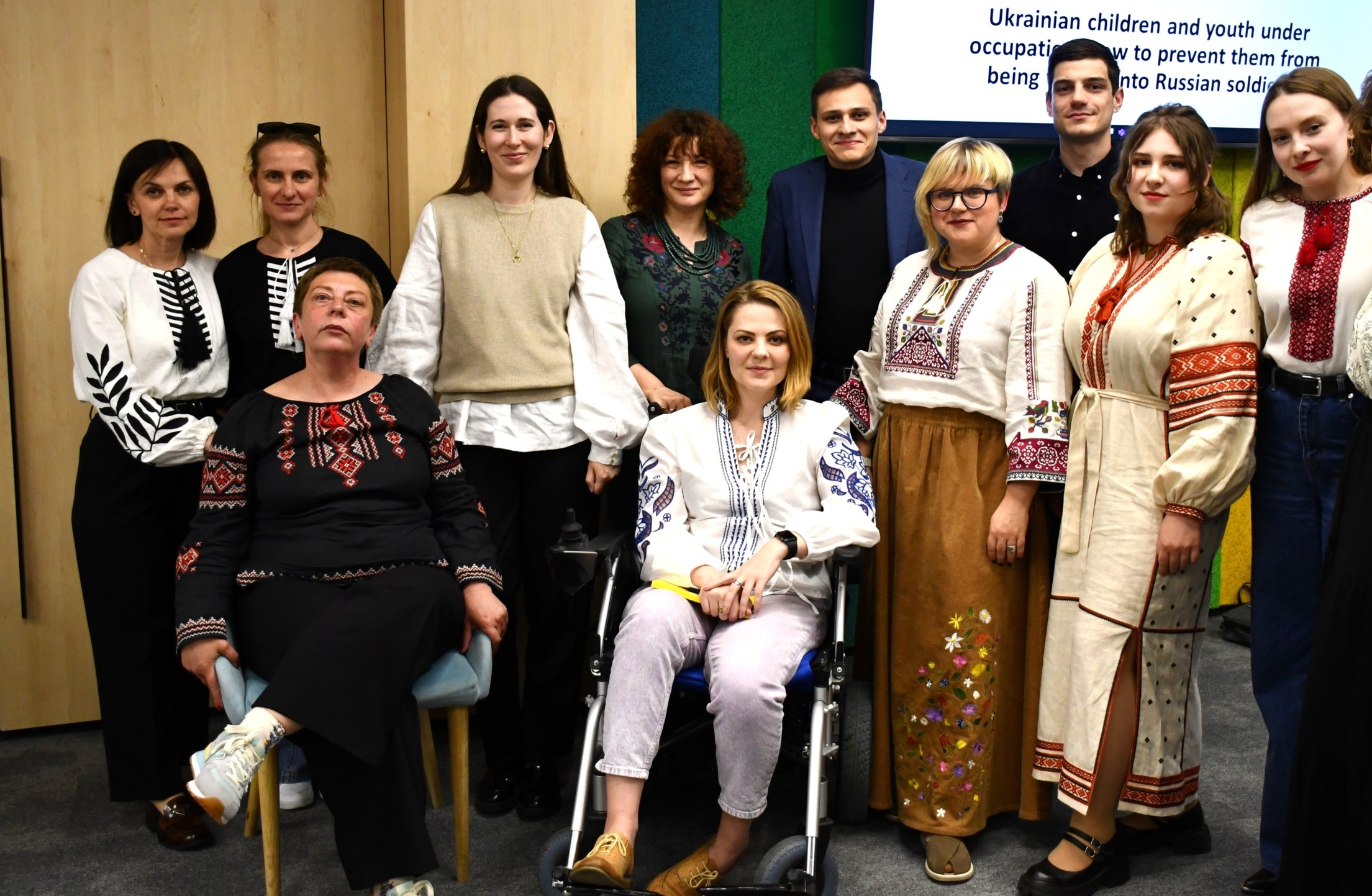
The event was opened by moderator Alena Lunova, Advocacy Director of the Human Rights Centre ZMINA.
In the first part of the discussion, based on the stories of people who left the occupation, the participants discussed what education for children looks like under occupation and what challenges young people face when leaving the TOT.
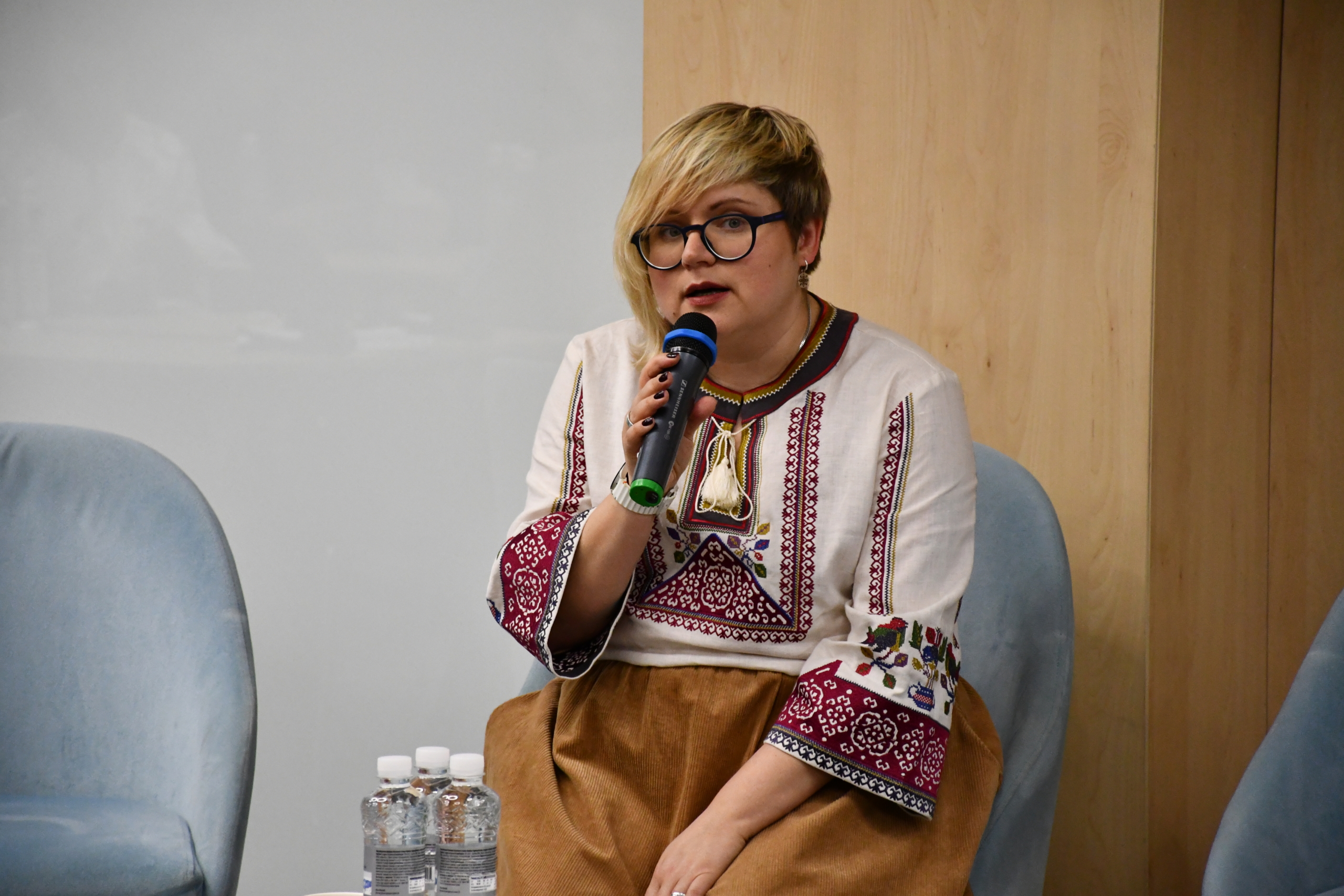 Alena Lunova
Alena LunovaIn the second part of the discussion, experts from civil society organisations outlined the current situation of children and youth in the TOT, the process of leaving the TOT, the policies implemented by Ukraine to support this population, and what the next school year will look like.
The discussion highlighted that children in the TOT face systemic militarisation, forced passportisation and the destruction of Ukrainian identity. Special attention was paid to Russian policies aimed at preparing Ukrainian youth for service in the Russian army. They also discussed the threats to educators who remained in the occupation and the need for an effective state policy to support children returning to government-controlled territory.
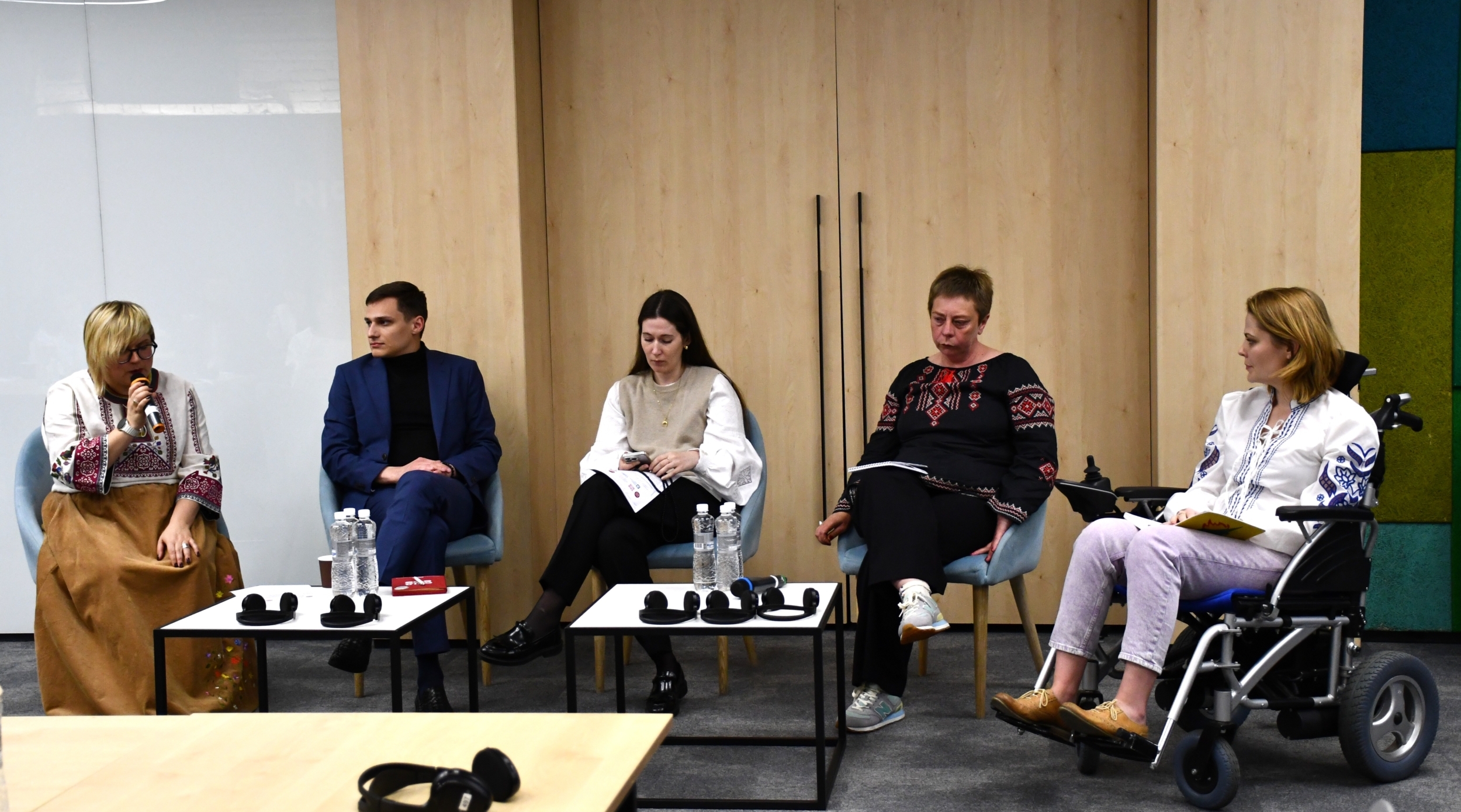
The participants of the event stressed the urgent need to develop a comprehensive state policy to protect Ukrainian children and youth living in the TOT. In particular, they discussed the development of the Concept of Access to Education for Children from the TOT of Ukraine, which should include a set of measures to overcome learning losses, adapt to the Ukrainian context, develop civic resilience and counteract disinformation.
Human rights defenders stressed the importance of preserving and supporting displaced educational institutions that provide children from the TOT with the opportunity to study under the Ukrainian curriculum, as well as the need to reform the Crimea-Ukraine and Donbas-Ukraine educational centres into a single coordinating educational centre. Such a centre should ensure the integration of schoolchildren and students from all occupied territories and facilitate their unimpeded access to education after leaving the TOT.
They also discussed the introduction of targeted support programmes, such as short-term integration courses with scholarships, which would allow young people to adapt more quickly to the Ukrainian educational environment and labour market. Equally important is the information support of such initiatives, including the campaigns of the Ministry of Education and Science, which should stimulate interest and trust among children and parents residing in the TOT.
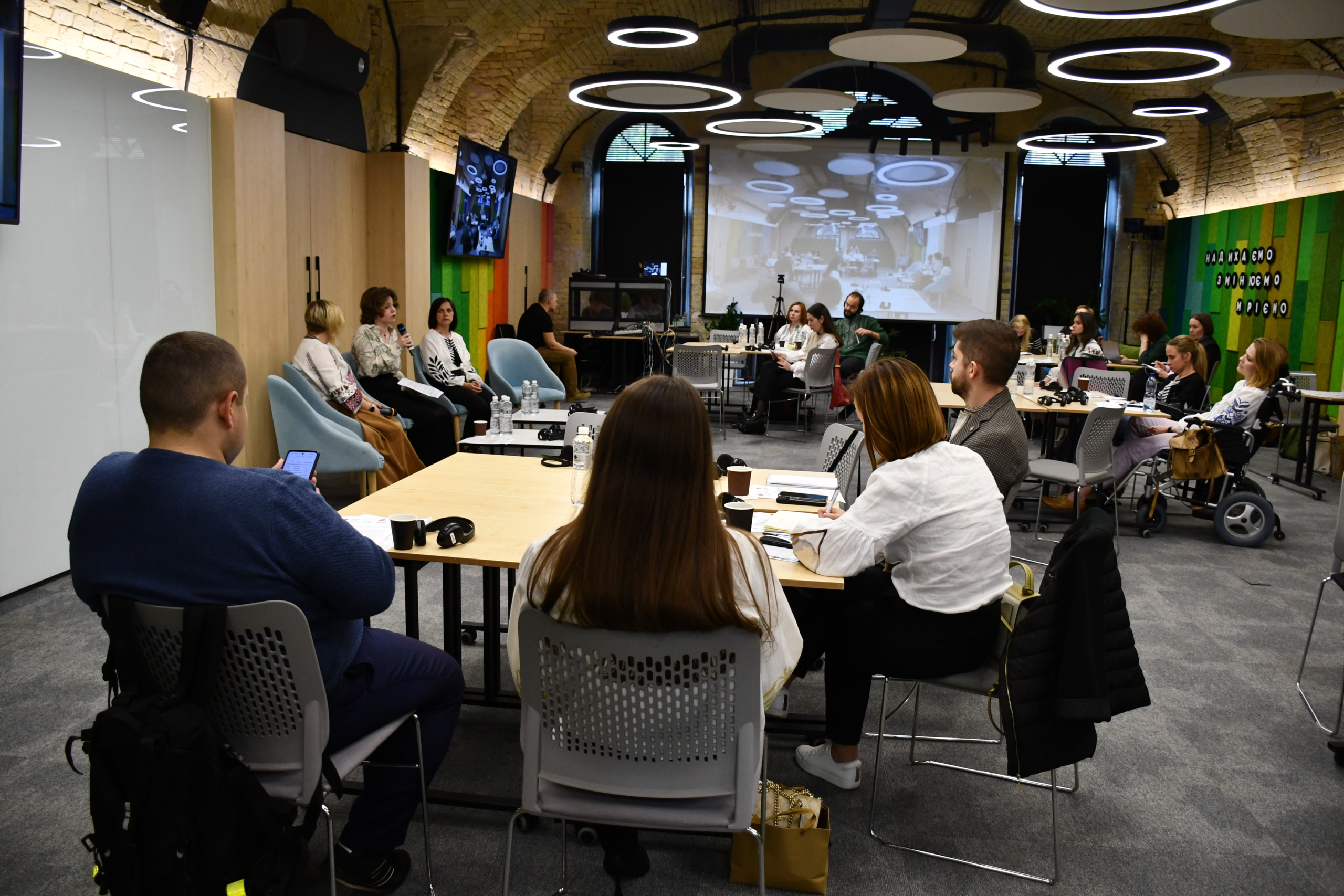
Particular attention was paid to the issue of recognition of educational outcomes obtained in the occupied territories. Although Ukraine has adopted Law No. 3482-IX, which provides for such a mechanism, there is currently a lack of bylaws necessary for its implementation. This creates legal uncertainty for children and youth seeking to integrate into Ukrainian society.
During the discussion, all participants concluded that only coordinated action by the government, civil society and international partners can ensure the protection of the rights of children and youth under occupation.
The closed-door discussion “Ceasefire negotiations: what are the prospects for the residents of the occupied territories of Ukraine?” was organised by the Coalition, which includes: The Human Rights Centre ZMINA, NGO Donbas SOS, NGO Crimea SOS, CF Right to Protection, CF East SOS, NGO Civil Holding GROUP OF INFLUENCE, CF Stabilization Support Services, the Crimean Human Rights Group.
If you have found a spelling error, please, notify us by selecting that text and pressing Ctrl+Enter.

